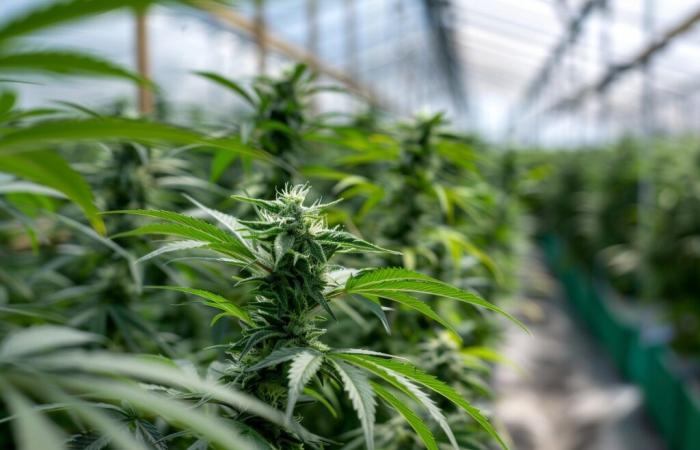Study finds cannabis can leave a distinct imprint on your DNA.
Tl;dr
- High potency cannabis leaves a specific mark on DNA.
- These DNA changes differ between cannabis users who experience psychosis and those who have never experienced it.
- Research suggests that studying DNA changes could help identify cannabis users most likely to develop psychosis.
Effects of cannabis on DNA
Cannabis is one of the most commonly abused drugs in the world. However, many questions remain about its impact on the brain, and in particular why it triggers psychoses in certain consumers.
A recent study provides new answers and brings us closer to understanding the biological impact of high-potency cannabis use.
Impact on DNA
Published in the journal Molecular Psychiatrythis study reveals that high-potency cannabis leaves a particular imprint on DNA. Additionally, these DNA changes are different in people experiencing their first episode of psychosis compared to users who have never experienced psychosis.
This suggests that observing DNA changes due to cannabis use could help identify people at higher risk of developing psychosis.
THC and psychosis
Levels of THC (Delta-9_tetrahydrocannabinol), the main ingredient in cannabis that causes the “high” effect, have increased steadily since the 1990s in the UK and US. Many studies have shown that the higher the concentration of THC, the stronger the effects on the user.
For example, it has been found that people who use high-potency cannabis (with a THC of 10% or more) daily are five times more likely to develop a psychotic disorder compared to those who have never used cannabis .
Epigenetics and cannabis
Our study aimed to explore the mark left by current cannabis use on DNA. To do this, we examined the effects of cannabis use on a molecular process called DNA methylation.
It is a chemical process that regulates the activity of genes by turning them on or off and controls how genes are expressed without changing the structure of the DNA itself.
Health






